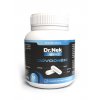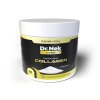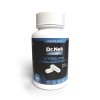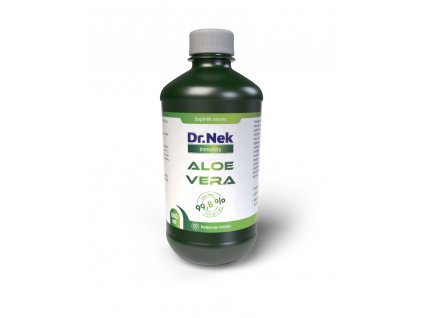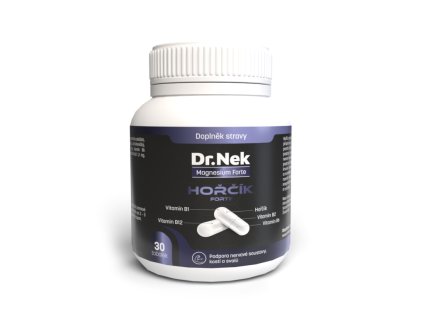Food supplements
Our body is not a machine, so from time to time it needs help to function with various food supplements. Here you can choose products to remove excess water from the body, fat burners or weight loss tablets. In addition, we also offer joint nutrition, detoxification products or food supplements in the form of vitamins and minerals.
Product sorting
List of products
Listing controls
Let's remember that our body is a living organism that needs occasional support through quality food supplements to function optimally and maintain its health. In our offer you will discover a wide range of products that will help your body maintain its balance and vitality.
Choose between products designed to remove excess water from the body, effective fat burners or tablets to support weight loss. But there's much more to our range - discover joint nutrition for healthy and mobile joints, detoxifying products to cleanse the body or dietary supplements rich in essential vitamins and minerals.
Our range focuses on providing products to help you achieve and maintain a healthy lifestyle, boost your energy levels and support your overall wellbeing. You can also choose from a range of herbal teas.
Frequently asked questions and answers for dietary supplements
1. What are food supplements?
Answer: Food supplements are products that contain vitamins, minerals, herbs, amino acids or other substances intended to supplement the diet. They are used to promote health, improve nutrition and prevent deficiencies.
2. What are the benefits of using food supplements?
A: The benefits of taking nutritional supplements include replenishing vitamin and mineral deficiencies, supporting the immune system, improving energy levels, supporting bone and joint health, improving digestion, and promoting overall health and wellness.
3. What are the most common types of food supplements?
Answer: The most common types of nutritional supplements include multivitamins, omega-3 fatty acids, probiotics, vitamin D, vitamin C, calcium, magnesium, protein powders, and herbal extracts such as turmeric or echinacea.
4. How to use food supplements correctly?
Answer: Dietary supplements should be taken as directed on the package or as directed by a physician. It is important to follow the dosage and take the supplements regularly. Some supplements are best taken with food for better absorption, while others can be taken on an empty stomach.
5. Can food supplements replace a healthy diet?
Answer: Food supplements should not replace a healthy and balanced diet. They are intended to supplement the diet and ensure adequate nutrient intake, but cannot provide all the benefits of eating fresh and whole foods.
6. Are dietary supplements safe?
A: Dietary supplements are generally safe when taken as recommended. However, some supplements may cause side effects or drug interactions. It is always a good idea to consult your doctor before starting a new supplement, especially if you have a medical condition or are taking medication.
7. What are the possible side effects of dietary supplements?
A: Possible side effects vary depending on the type of supplement. For example, vitamin C in high doses can cause digestive problems, while excessive iron intake can lead to toxicity. It is important to follow the recommended dosage and be aware of possible drug interactions.
8. How to choose quality food supplements?
A: When choosing nutritional supplements, look for products from reputable brands that use quality ingredients and have good reviews. It is also important to check certifications such as GMP (Good Manufacturing Practices) and verify that products do not contain unnecessary additives or fillers.
9. When is the best time to take nutritional supplements?
A: The best time to take nutritional supplements depends on the particular supplement. For example, multivitamins and minerals are best taken with food, while some supplements like probiotics may be more effective on an empty stomach. Follow the instructions on the package or consult your doctor.
10. What are the latest trends in food supplements?
A: The latest trends in nutritional supplements include adaptogens (like ashwagandha and rhodiola), collagen supplements to support skin and joint health, CBD oils to improve sleep and reduce anxiety, and personalized supplements based on genetic testing or blood tests.




